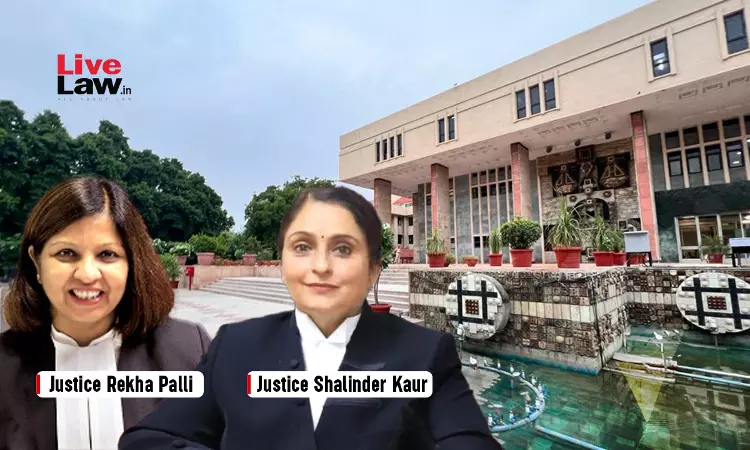A division bench of the Delhi High Court comprising of Justice Rekha Palli & Justice Shalinder Kaur, while deciding a writ petition held that employee's discharge from service was legal as he failed to withdraw within time period his voluntary unwillingness to serve.Background Facts The employee joined the Indian Navy as a Direct Entry Diploma Holder (DEDH) on August 6, 2006, for a...

